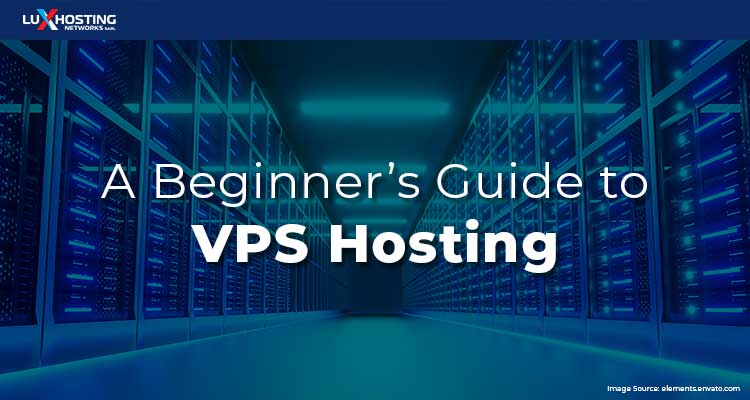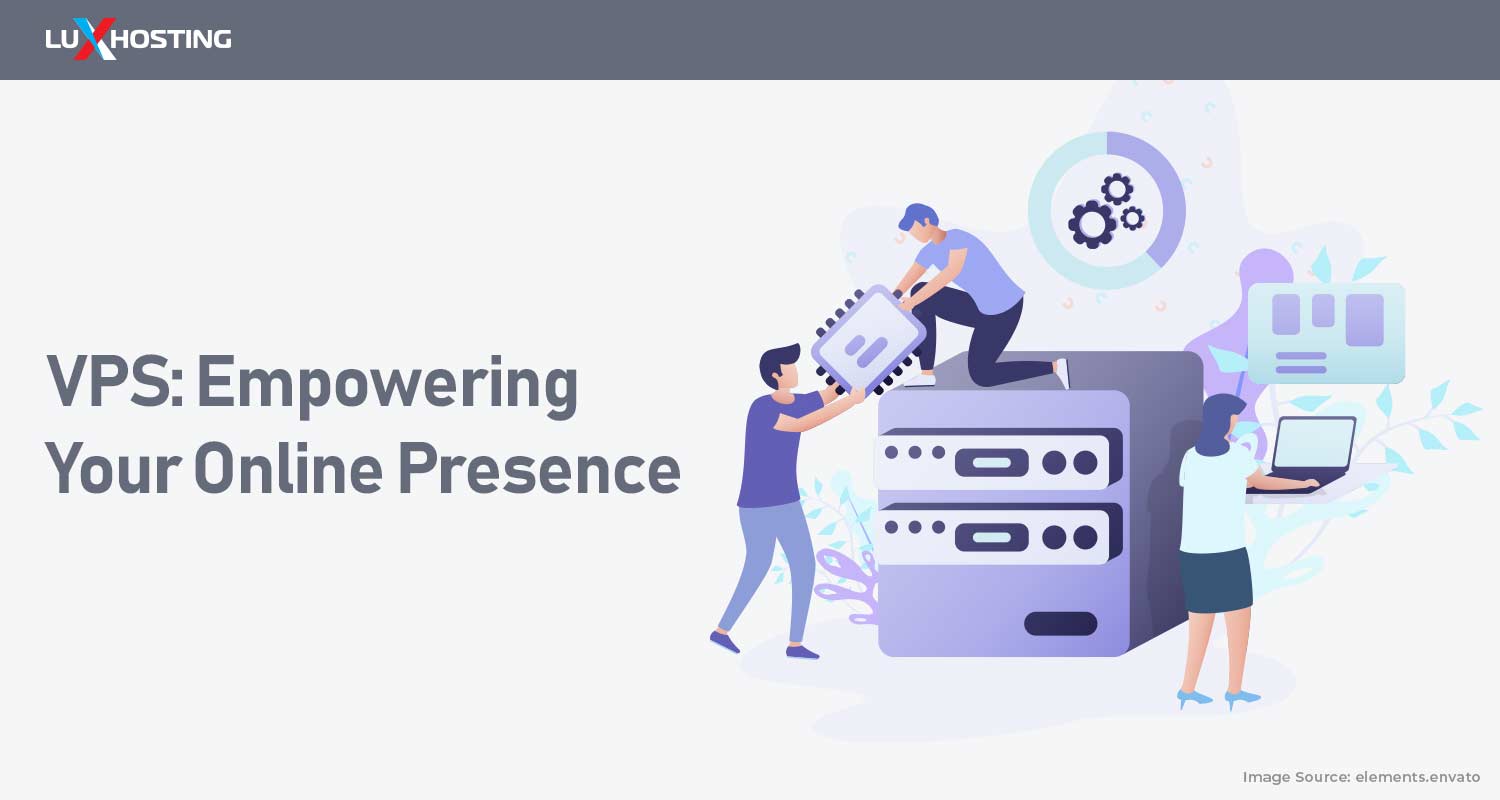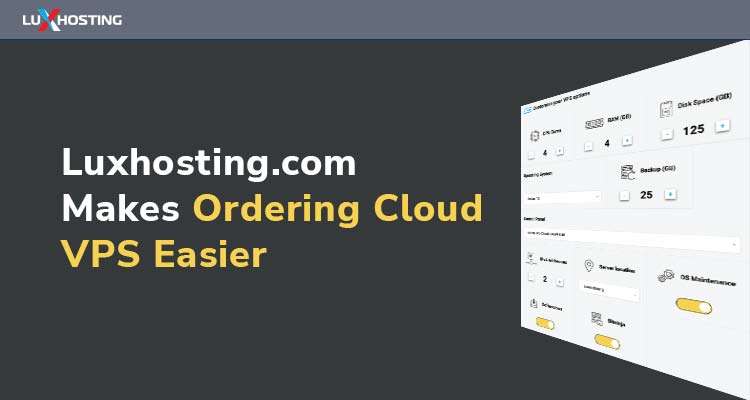You asked for a beginner’s guide on VPS hosting. That is an easy to understand language, simple explanations, and a systematic breakdown of Virtual Private Servers. All that has been provided in today’s tutorial. You shouldn’t have any questions at the end, except “Where do I sign up for VPS hosting?”
What exactly is Web Hosting
Your website files and documents need to be stored somewhere, and that place is called a server. Since the average man does not own personal servers, he must pay to use the server of a company. This is called web hosting. There are three types of servers you can choose from: shared servers, virtual private servers, and dedicated servers. Each refers to the amount and structure of the space that is allocated to you for your website files. 1. Shared servers: like a hostel, you and everyone else use one server. There are no clear lines of demarcation that separate your space from another user. This means a low cost, but there are some drawbacks as well. 2. Virtual Private Servers: more like a hotel in that though the building (server) is shared, each guest (website owner) has his own room (resources). This comes with a lot of advantages, but we will talk more about this later. 3. Dedicated servers: if you have ever stayed at a villa, then you already understand how dedicated servers work. The entire server is yours; you share nothing. Of course, you can imagine that this comes at a considerably higher cost than shared hosting for example.
All about VPS Hosting
So, VPS hosting is the use of a Virtual Private Server to host your website files. VPS hosting has some great benefits going for it.
- It’s considered to be the middle ground between dedicated and shared hosting because you get dedicated space at a lower cost.
- Scaling up or down as your website grows or experiences seasonal peaks is possible.
- User experience is always good since pages load faster irrespective of traffic demands with almost no downtime. We have more advantages of VPS hosting and in greater details for you, but here, we are keeping things simple.
When to use VPS Hosting
If you already have shared web hosting and you notice any of the conditions below, you should consider an upgrade to VPS hosting:
1. Reduction in the performance of your website
If your pages are taking a longer time to load, or graphics not loading as intended then it is time to consider an upgrade. You could have outgrown your server.
2. A steady increase in traffic
Perhaps when you started, you had few customers, almost no graphics and very minimal pages. Over the years, you steadily grew your customer base and added more pages. The more customers you acquire, the more server space you will need to keep your website operating optimally. Customers hate slow websites and will leave before the page loads.
Experiencing peaks in traffic?
Is your business seasonal? Do you see more traffic and sales at specific times of the year, such as at Christmas, Valentine’s Day, Thanksgiving? Scalability will allow you to seamlessly meet the increases but shed the excess resources when traffic return to normal levels.
3. Adding an eCommerce option to your website
If you intend to accept card payments on your website, you need to be PCI DSS compliant. The Payment Card Industry Data Security Standard (PCI DSS) is a set of protocols that websites must abide by when they accept card payments. This was done to ensure every measure is taken to protect the customer’s personal information. While there is no overt requirement to have VPS hosting, having it will certainly demonstrate your commitment to security. If you have not yet gotten web hosting, you may need to choose VPS hosting if your website.
4. You require a hands-on approach
With VPS hosting, comes access to root directories and more backend options that are not available with shared hosting. This type of hosting also allows you to use custom software, and utilise programming language in an advanced way that may require more resources. Naturally, this means you will need to have more than the basic knowledge of website development to efficiently benefit from these perks. But if you do not, you can choose to have managed hosting, which simply means you enjoy the benefits of having VPS hosting while someone else does all the hard work for you.
VPS Hosting and the Security Myth
Some people believe that shared hosting leaves you vulnerable to all kinds of attacks, so you upgrade to VPS hosting for greater peace of mind. The type of server you have is not a safeguard against malicious activities or accidents. You still need to be vigilant and take steps to protect your website, and customers regardless of your server type. Practising safe website practices should be standard. This might mean backing up files and databases, updating plugins and operating systems regularly, or actively checking for suspicious activity.
Conclusion
VPS hosting is not for everyone despite the many advantages that it provides. Always consider what your needs are before making any decision. The good thing is, you now have the tools needed to decide if VPS hosting is right for you.



